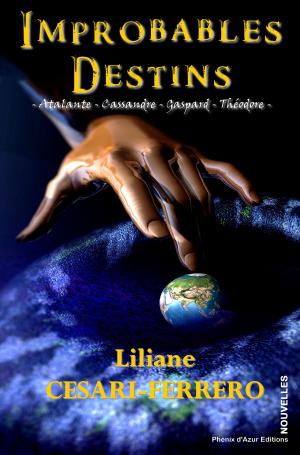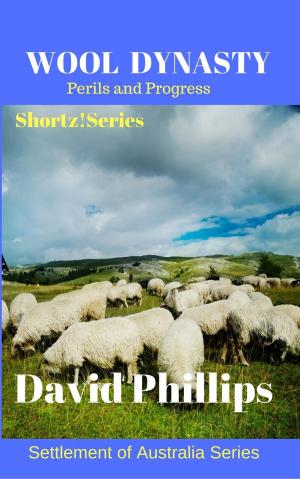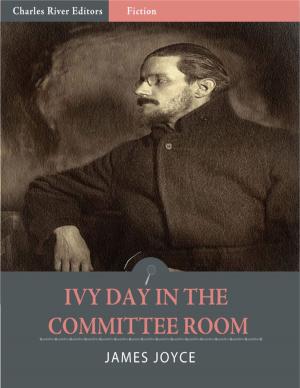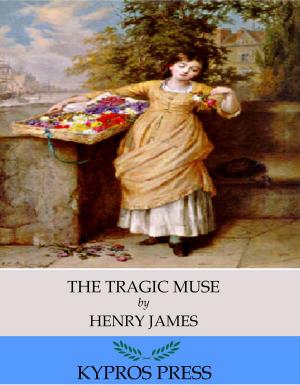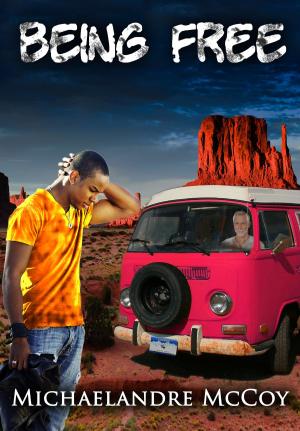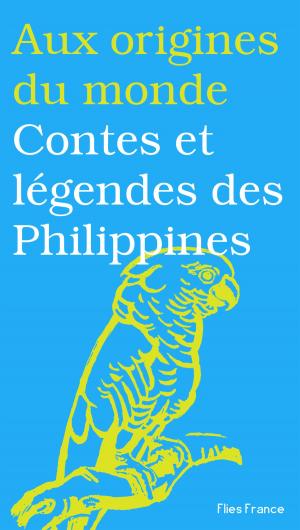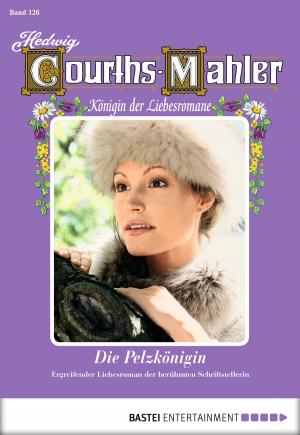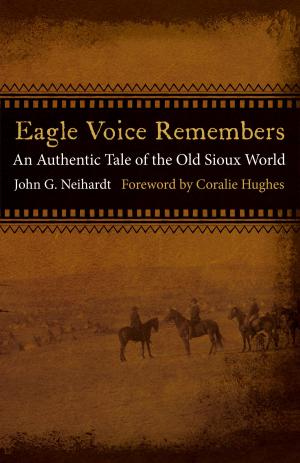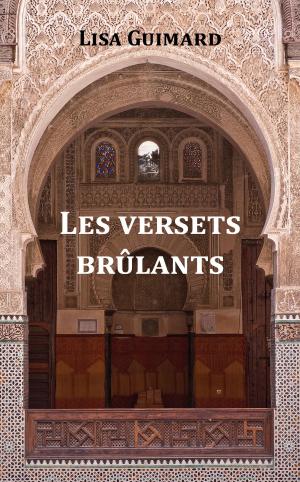| Author: | Clive Cooke | ISBN: | 9780463791219 |
| Publisher: | Clive Cooke | Publication: | October 2, 2018 |
| Imprint: | Smashwords Edition | Language: | English |
| Author: | Clive Cooke |
| ISBN: | 9780463791219 |
| Publisher: | Clive Cooke |
| Publication: | October 2, 2018 |
| Imprint: | Smashwords Edition |
| Language: | English |
“The Kreutzer Sonata” is set against a background of the Mixed Marriages Act and the Immorality Act promulgated during the Apartheid years. A young black man by the name of Lucky takes a job in a run-down hotel in Johannesburg. The owner is an Austrian who is more interested in playing his trumpet than in managing his hotel. Lucky finds his loyalty to his boss being tested when he is a witness to his boss breaking the law.
“A Hero of the People” is set in Moscow after the fall of the Iron Curtain and the fall of Apartheid. A recently released South African political prisoner is invited to Moscow to receive a medal for his services to the Russian people. Surprisingly, his handler during his years of working underground avoids meeting him and he is left to be entertained by a low-level functionary. This gives his an opportunity to reflect on whether his sacrifice was worth it.
“A Day in the Life” chronicles the life of a migrant worker who is not allowed to live near his place of work because of the influx control laws current at that time.
“Bootblack” is a humorous story about a greedy financial adviser who comes to regret not taking the advice of the man who polishes his shoes.
“Mother Caught a Flea” describes a day in the life of a Zulu herd boy.
“Sangoma” highlights the conflict between traditional belief systems and western education.
“The Stokvel” is a humorous story about savings clubs. These savings clubs are very popular among working-class women. The members save for a whole variety of purposes such as buying groceries, paying for weddings and funerals and so forth. Miriam’s stokvel is different. The members save for pure extravagance.
“Egoli” is the Zulu name for “The City of Gold” otherwise known as Johannesburg. The streets of Egoli are believed to be paved with gold. The city attracts hundreds of thousands of migrants each year in search of a better life. But, is it really any better?
“The Second New Year” in the Cape has is the second of January. Originally, it was a holiday reserved for servants. Nowadays, the occasion is celebrated by the Minstrel Carnival where hundreds of bands, dressed in bright costumes, parade along the streets of Cape Town, competing for various prizes. The rivalry between the troupes is intense and dirty tricks are not altogether unknown.
“The Driving Lesson” is a story with an Aids background.
“Two of a Kind” has a strong ethnic flavour, involving a dispute over a Xhosa burial.
“The Badger and the Honey Guide” is an Aesop’s Fable translated into an African setting.
“The Snoek Run” chronicles the life of the Cape fishermen. The snoek is a barracuda-type fish which can grow up to two meters in length and possesses huge teeth.
“The Richest Man in the World” is about the alluvial diamonds found in the sand dunes of the Namibian coast. Which are more valuable in the desert: diamonds or water?
In “Run Kagiso”, the crowd in the stadium roars its support for Kagiso, the only black runner to complete the ultra-marathon.
In “The Journey” the shaman of a Khoi Bushman clan nominates !Goab to undertake a mission to plead with the god Mantis to release the rain animal thereby ending the drought that is ravaging the land.
“Friends and Rivals” is a humorous story about two women, both friends and rivals. Trying to be one-up on your friend can be a costly exercise.
In “Hotazel” two men on a long train journey share a compartment. They talk long into the night. Both come from completely different worlds. Fifty years later, the young man, now old, sits down to record the conversation: a story of the clash between two cultures.
In “Rogue” two arrogant young men take a couple of foreign tourists on safari. They think they are experts in understanding animal behaviour. They assure the tourists that they have nothing to worry about. However, their knowledge of animal behaviour does not stretch as far as rogue animals. On this safari, the arrogant young men have to learn on their feet.
“The Kreutzer Sonata” is set against a background of the Mixed Marriages Act and the Immorality Act promulgated during the Apartheid years. A young black man by the name of Lucky takes a job in a run-down hotel in Johannesburg. The owner is an Austrian who is more interested in playing his trumpet than in managing his hotel. Lucky finds his loyalty to his boss being tested when he is a witness to his boss breaking the law.
“A Hero of the People” is set in Moscow after the fall of the Iron Curtain and the fall of Apartheid. A recently released South African political prisoner is invited to Moscow to receive a medal for his services to the Russian people. Surprisingly, his handler during his years of working underground avoids meeting him and he is left to be entertained by a low-level functionary. This gives his an opportunity to reflect on whether his sacrifice was worth it.
“A Day in the Life” chronicles the life of a migrant worker who is not allowed to live near his place of work because of the influx control laws current at that time.
“Bootblack” is a humorous story about a greedy financial adviser who comes to regret not taking the advice of the man who polishes his shoes.
“Mother Caught a Flea” describes a day in the life of a Zulu herd boy.
“Sangoma” highlights the conflict between traditional belief systems and western education.
“The Stokvel” is a humorous story about savings clubs. These savings clubs are very popular among working-class women. The members save for a whole variety of purposes such as buying groceries, paying for weddings and funerals and so forth. Miriam’s stokvel is different. The members save for pure extravagance.
“Egoli” is the Zulu name for “The City of Gold” otherwise known as Johannesburg. The streets of Egoli are believed to be paved with gold. The city attracts hundreds of thousands of migrants each year in search of a better life. But, is it really any better?
“The Second New Year” in the Cape has is the second of January. Originally, it was a holiday reserved for servants. Nowadays, the occasion is celebrated by the Minstrel Carnival where hundreds of bands, dressed in bright costumes, parade along the streets of Cape Town, competing for various prizes. The rivalry between the troupes is intense and dirty tricks are not altogether unknown.
“The Driving Lesson” is a story with an Aids background.
“Two of a Kind” has a strong ethnic flavour, involving a dispute over a Xhosa burial.
“The Badger and the Honey Guide” is an Aesop’s Fable translated into an African setting.
“The Snoek Run” chronicles the life of the Cape fishermen. The snoek is a barracuda-type fish which can grow up to two meters in length and possesses huge teeth.
“The Richest Man in the World” is about the alluvial diamonds found in the sand dunes of the Namibian coast. Which are more valuable in the desert: diamonds or water?
In “Run Kagiso”, the crowd in the stadium roars its support for Kagiso, the only black runner to complete the ultra-marathon.
In “The Journey” the shaman of a Khoi Bushman clan nominates !Goab to undertake a mission to plead with the god Mantis to release the rain animal thereby ending the drought that is ravaging the land.
“Friends and Rivals” is a humorous story about two women, both friends and rivals. Trying to be one-up on your friend can be a costly exercise.
In “Hotazel” two men on a long train journey share a compartment. They talk long into the night. Both come from completely different worlds. Fifty years later, the young man, now old, sits down to record the conversation: a story of the clash between two cultures.
In “Rogue” two arrogant young men take a couple of foreign tourists on safari. They think they are experts in understanding animal behaviour. They assure the tourists that they have nothing to worry about. However, their knowledge of animal behaviour does not stretch as far as rogue animals. On this safari, the arrogant young men have to learn on their feet.

